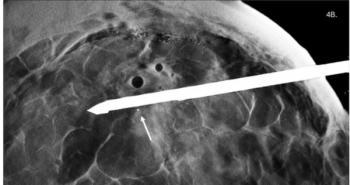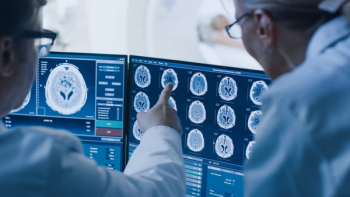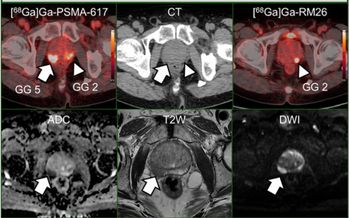
Iodinated Contrast Media Exposure: Is Subsequent Thyroid Monitoring Warranted for Young Pediatric Patients?
In a video interview, Jonathan Dillman, MD, MSc discussed a recently published statement from the American College of Radiology (ACR) that questioned the literature support for a March guidance from the Food and Drug Administration (FDA) about thyroid monitoring for children three years of age or younger within three weeks of exposure to iodinated contrast media (ICM).
Is exposure to iodinated contrast media (ICM) a potential issue for young pediatric patients? The Food and Drug Administration (FDA) recently advised clinicians to ensure thyroid monitoring for patients three years of age and younger within three weeks after exposure to ICM. However, a
In a recent video interview, Jonathan R. Dillman, M.D., MSc, who co-authored the ACR statement, noted
In addition to a lack of prospective data and a lack of control groups in most of the studies cited by the FDA, the majority of the studies focused on high-risk pediatric patients such as low birth weight premature babies, neonates and those with congenital heart disease, according to Dr. Dillman, the associate chief of research in the Department of Radiology and the medical director of the Imaging Research Center within the Division of Radiology at the Cincinnati Children’s Hospital Medical Center.
Dr. Dillman said the FDA guidance is too broad and not supported by the current research.
“Wherever the science takes us, that is where we want to go. The science at this time we do not believe calls for universal thyroid monitoring after intravascular CT (computed tomography) in children three months of age and up. … There is really no evidence to support that,” maintained Dr. Dillman, who has served on the ACR’s Drugs and Contrast Committee since 2007.
For more insights from Dr. Dillman, watch the video below:
Newsletter
Stay at the forefront of radiology with the Diagnostic Imaging newsletter, delivering the latest news, clinical insights, and imaging advancements for today’s radiologists.













